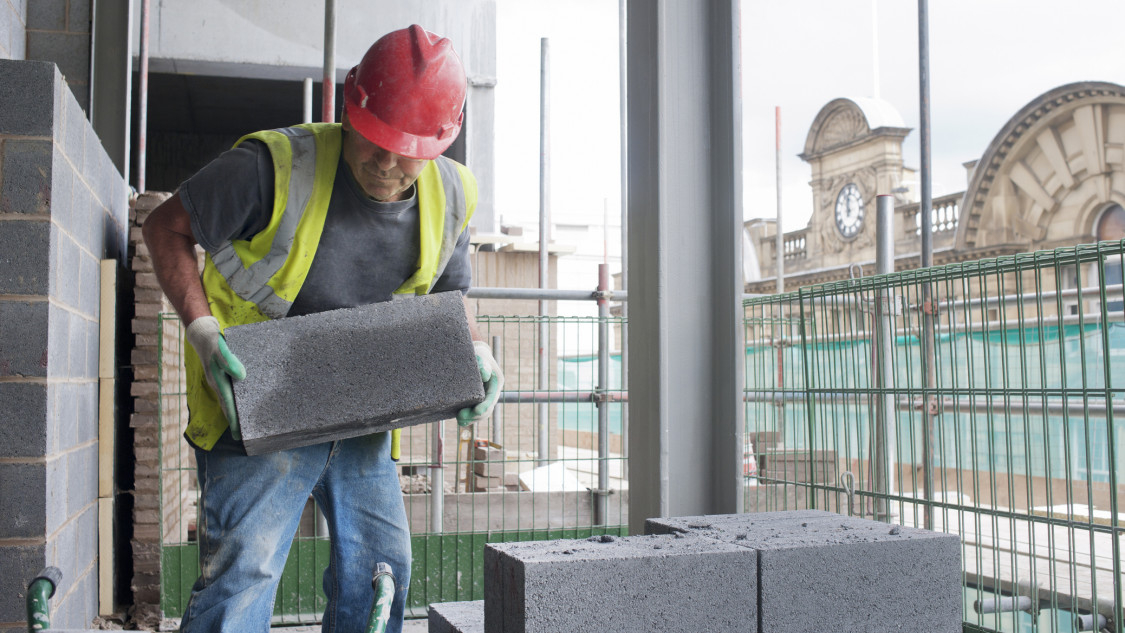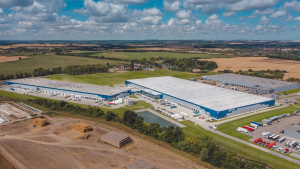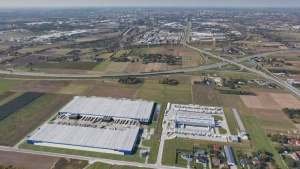
Construction is one of the riskiest industries in terms of payment morale. According to data from Coface, the number of insolvencies in the Czech construction industry is growing, reaching its peak only in the second half of the year 2024.
Construction companies were the most frequently insolvent last year and accounted for almost a fifth of the total number of insolvencies. The number of insolvencies in the construction industry increased by 5% year-on-year last year, and this year, despite a calmer start, the expected year-on-year increase of another 3-5% applies. "It is partly due to the very nature of the construction industry when several companies have to cooperate on projects, and there are often problems with meeting deadlines, organisation or quality of work. The construction industry is thus inherently prone to disputes," explains Martin Procházka, Director of Risk Underwriting for the Czech Republic and Slovakia at Coface. According to him, the second reason is the fact that several entities are operating in this sector that have weaker capital. They don't have a liquidity cushion and are therefore prone to paying their suppliers late in case of a project delay or late payments.
The construction industry and the real estate market worldwide are facing rising interest rates, high prices for building materials and labour, but also labour shortages. This year, the situation is unlikely to improve, not even in the Czech construction industry, where a drop of 2.5% is expected, predicts Coface.
The high prices of building materials and works also have a significant negative effect on the dynamics of construction. According to the Czech Statistical Office (CZSO), the prices of construction works and works increased by 5.9% in 2023, and the price index of material inputs to construction production increased by 3.8%.
According to data from the CZSO, the domestic construction industry saw a year-on-year drop in production of 2.6% last year. This is mainly due to a sharper decline in the engineering construction segment (4.7%), while in building construction production fell by 1.8%. Construction companies with 50 or more employees in the Czech Republic concluded 75,986 construction contracts in 2023, 3.7% less year-on-year. Building authorities issued 77,399 building permits in 2023, which represented a year-on-year decrease of 10.1% and the lowest figure since 2015.
Coface predicts that this year will not be positive for the construction industry in the region either. "We expect a positive impact in the sector and its revival next year at the earliest. And that's only on the condition that there are no further conflicts. For example, the situation in the Red Sea region poses a significant threat to trade flows, the escalation of the conflict there could cause commodity prices to rise," explains Martin Procházka. The same is true in the event of another unexpected attack on European energy infrastructure, which could destabilise energy prices, increase inflation again, and thus slow down the expected reduction in interest rates. "Government measures could include increasing investment activity in transport infrastructure, renovating buildings in public ownership and stimulating housing construction or renovation, but even if the government decides on such measures, it will probably not be reflected in construction production until 2025," adds Procházka.



